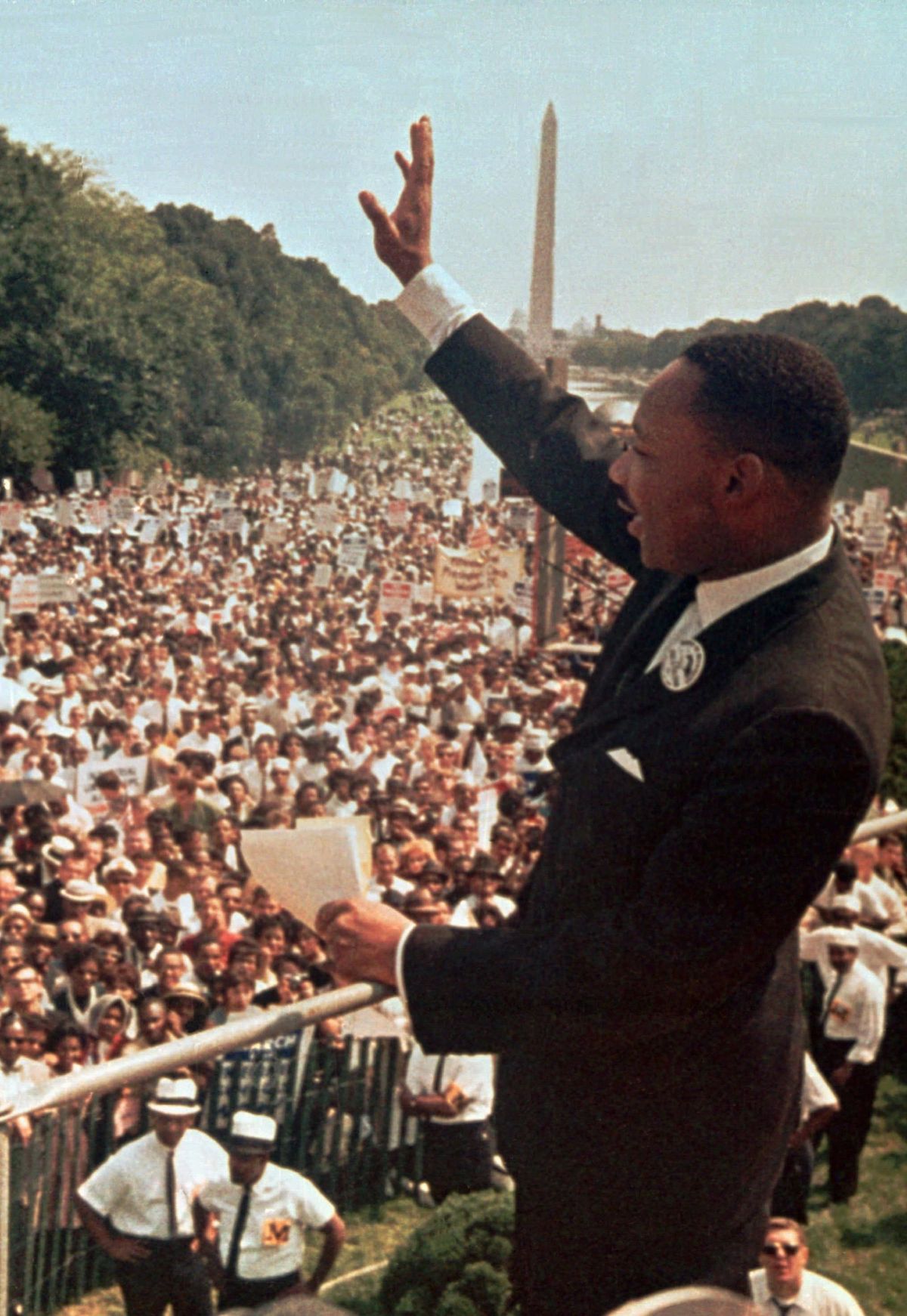Front Porch: An almost meeting with Martin Luther King Jr. seared in memory

I almost met the Rev. Martin Luther King Jr.
That’s how I choose to remember it. It was 1961 in Miami. I was in high school and, at my church, Biscayne Boulevard Lutheran Church, I was a member of the youth group, the Luther League. The Luther League’s national conference was being held on Miami Beach that summer, and we selected two delegates to attend. I was the alternate.
I hoped really hard that I’d get to go, but I didn’t.
The keynote speaker that year was King, who was gaining prominence beyond the South. He was known at the time for being a charismatic civil rights leader and for organizing the Montgomery Bus Boycott in the mid-1950s.
To the young me, I understood he was a Baptist preacher, a Black man, who talked about justice, about integration, with great power, and I thought it would have been wonderful to see him.
I had arranged to drive to Miami Beach to pick up my attending friends afterward. And when they got into the car, they were quite overwhelmed by what they had just experienced and began talking over one another to tell me about it.
One of the many things they recounted came from the Q&A session that followed the keynote. A high school student in the audience apparently asked that if Black and white people ate together in restaurants, went to school together and otherwise intermingled, wouldn’t that lead to dating, marriage and the birth of “mixed” babies?
Of course, I can’t quote King’s answer exactly because I only got it secondhand from my excited friends, but as it was told to me, he did not respond or react to what might have been ugly in the question, but took it straightforwardly and spoke to his message. As close as my friends could put it, he said, “What we are seeking is equality, to be your brother, not your brother-in-law.”
I don’t know how this translates now, nearly 60 years later – and what with all that has transpired since, especially recently – but back then, to this young teenager beginning to try to understand a world growing larger and more complicated around her, the simplicity of his words and the levels of meaning in and underneath it were electrifying, inspiring. (Incidentally, and though I didn’t know it at the time, one of my older cousins in New York City was preparing right then to head to the South as a Freedom Rider. Things were happening not just in the world in general, but in my family as well.)
I am mindful that King’s speech was taking place in a Miami that was still largely segregated. My own high school was whites-only. Miami Edison High School’s service district incorporated traditionally white areas of town but was physically located in an area known at the time as Lemon City (now Little Haiti), where most everyone was Black and where the teenagers were bused out and away to one of the “colored” high schools in the city.
Miami Beach still had rules that only whites could reside there. Black people could work on the Beach, but not swim in the ocean there. And then came King, knowing exactly where he was, guest of honor and speaking on Miami Beach to a bunch of white teenagers.
In his short and powerful visit to Miami Beach, among so many of the other bigger things that happened, I know his words became unforgettable to one particular young Lutheran girl, who never officially heard them.
There’s been a lot of time between then and now, and a lot of experiences. As for that teenage girl who drove her friends home – here I am today, a woman in her 70s who stays mostly in her own home, hiding out from COVID-19, and wearing a face mask when I do venture out. I’ve had the privilege of living into old age, even though my hips require that I walk ever so slowly when I go out.
And I’ve been thinking of late of that time in my youth and of King and of all the things he would go on to do with the few short years he had left after that summer of 1961 – he delivered his 1963 “I Have a Dream” speech in Washington, D.C.; received the Nobel Peace Prize in 1964; walked across the Edmund Pettus Bridge in Selma in 1965; and was assassinated in 1968.
And of his legacy, his strength and fearlessness, his positiveness, his intelligence and his faith – a lot of which clearly lives in the hearts of a whole lot of young people today. They’re going to need all of it.
I almost met the Rev. Martin Luther King Jr. I like to think I did. And it was wonderful.
Voices correspondent Stefanie Pettit can be reached by e-mail at upwindsailor@ comcast.net.